Join us in celebrating International Women's Day and recognizing the brilliance of women in STEM in our international community! QBI asked seven women in our network, Tanja Kortemme, Sharmila Majumdar, Laura Cantini, Balyn Zaro, Isha Jain, Antoinette Perry, and Danielle Swaney to share their insights on the present and future of AI in science, as well as the value of supporting collaborative and diverse scientific endeavors globally.
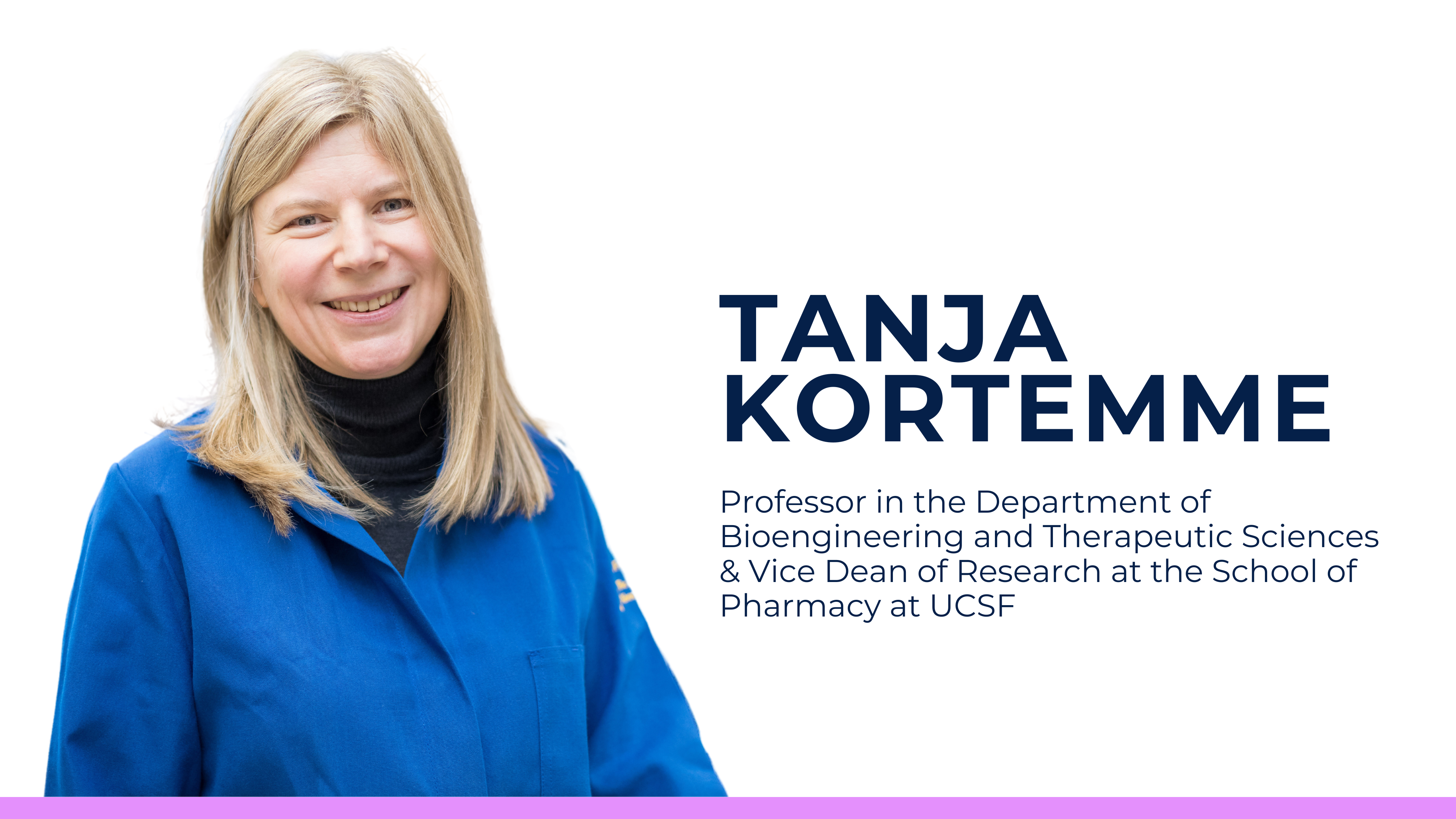
What are some of the key challenges associated with AI that we should address or be mindful of as its development progresses?
"What most people are probably familiar with in the area of AI is ChatGPT. You ask ChatGPT something and makes things up. And so the technical term for this is "hallucination". It uses what it has learned and puts things together in novel ways and they just aren't right. So that is obviously, in terms of information and misinformation, a huge societal challenge that we need to address. In my field, part of this disability of 'learn the rules, but then make new things' is actually a strength. So for us in the molecular world, it's putting atoms and molecules together in novel ways with novel functions, that if the predictions are true, it actually enables us to do many more new things. And so it can be really exciting in terms of generating very precise therapeutics and medicines that we could have never thought of. On the flip side, it could also lead to abuse. So we need to really carefully think about 'at what point are we?' or 'how do we make sure that the amazing advances that we're developing cannot be used to generate molecular systems that can be very dangerous to humanity?'."
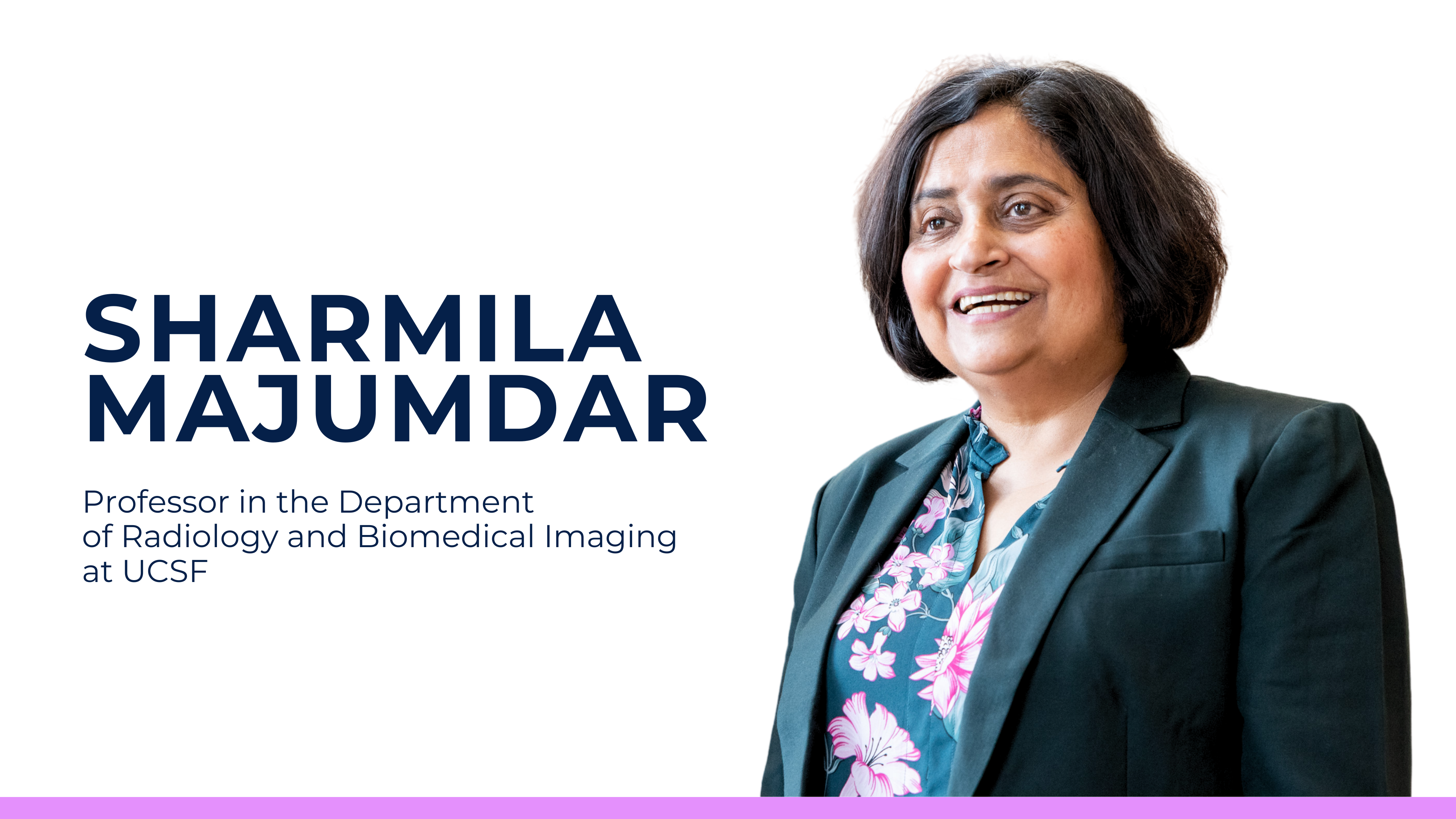
How does the integration of AI play a significant role in advancing your work and contributing to its overall impact?
"I work in Biomedical Imaging, and Biomedical Imaging is extremely technically demanding. It has a lot of information in the biomedical images. These are in three dimensional images and in two dimensional images. The information is stored by way of signal intensity variations and textural variations. To date, when radiologists look at these images, they look through stacks and stacks of images, and they use pattern recognition and other methods for assessing what is wrong and what is different from normal. But for the volume of images that we are getting today, it is very difficult for a single person to sit and sort through and look at every single image that comes through. Artificial Intelligence gives us the ability to query these images at a very granular level, look at just not differences in signal intensity at an organ level, but more at a pixel level at a very small granular level, where we can look at relational differences in signal intensities, textures, and pick out subtleties where others might have missed it. And there are lots of tasks which are very tedious in biomedical imaging, and AI can help us go through these tasks in a much faster manner…. I think this is going to be an emerging field. We are just I think at the tip of the iceberg at this point."
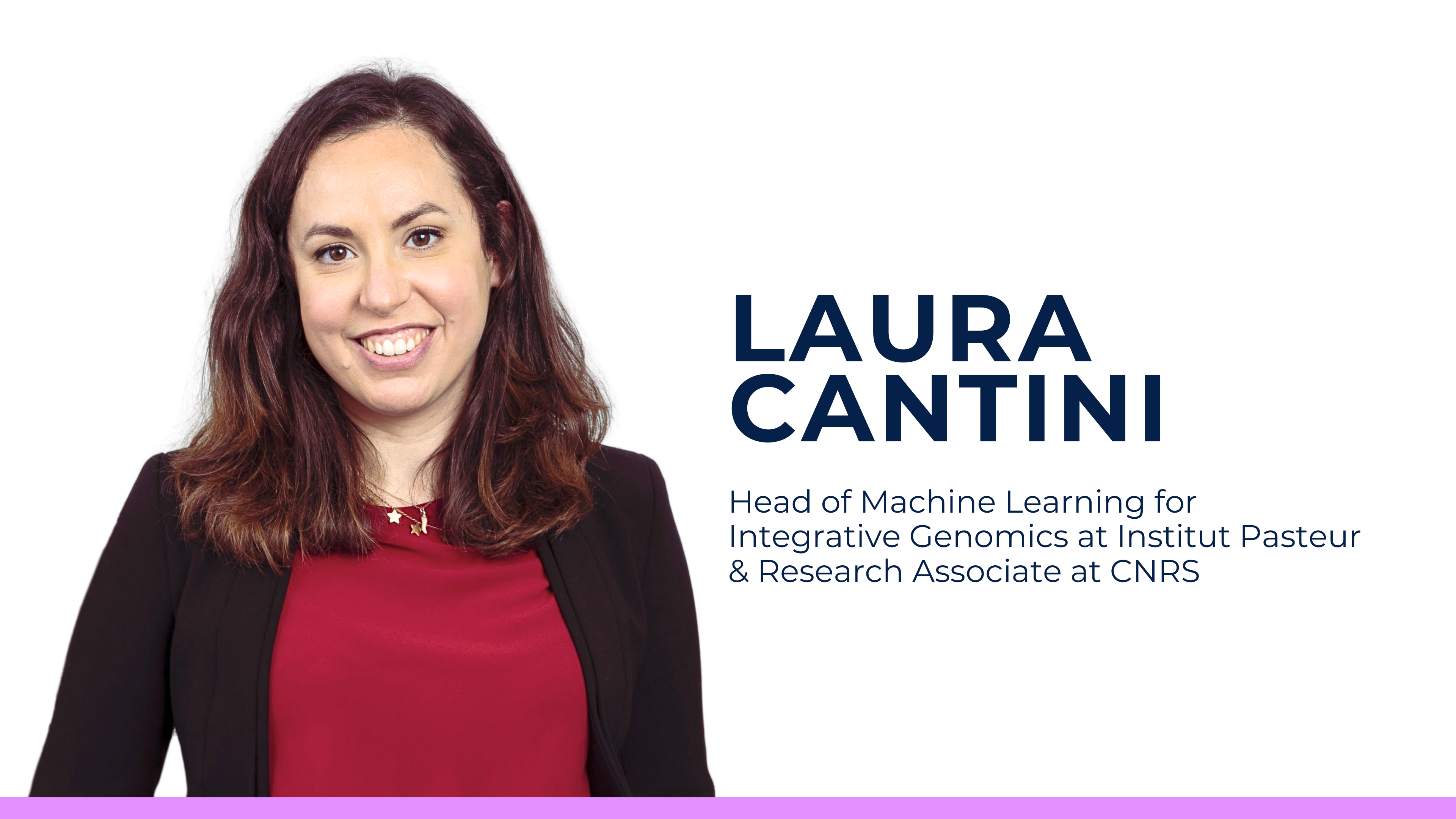
Why is it important for scientists to proactively integrate AI as a tool into their research process, and how does it enhance scientific inquiry and innovation?
"In the context of genomics, which is the one I know the most because I work on it, AI is having a driving role in better understanding disease onset response to treatment of complex diseases, and so on. So I think it's crucial to be able to use it not only as a means, but also to be able to develop methods that can be discussed together with biologists, in order to better be able to treat diseases and better understand their onset and to prevent the formation of these diseases."
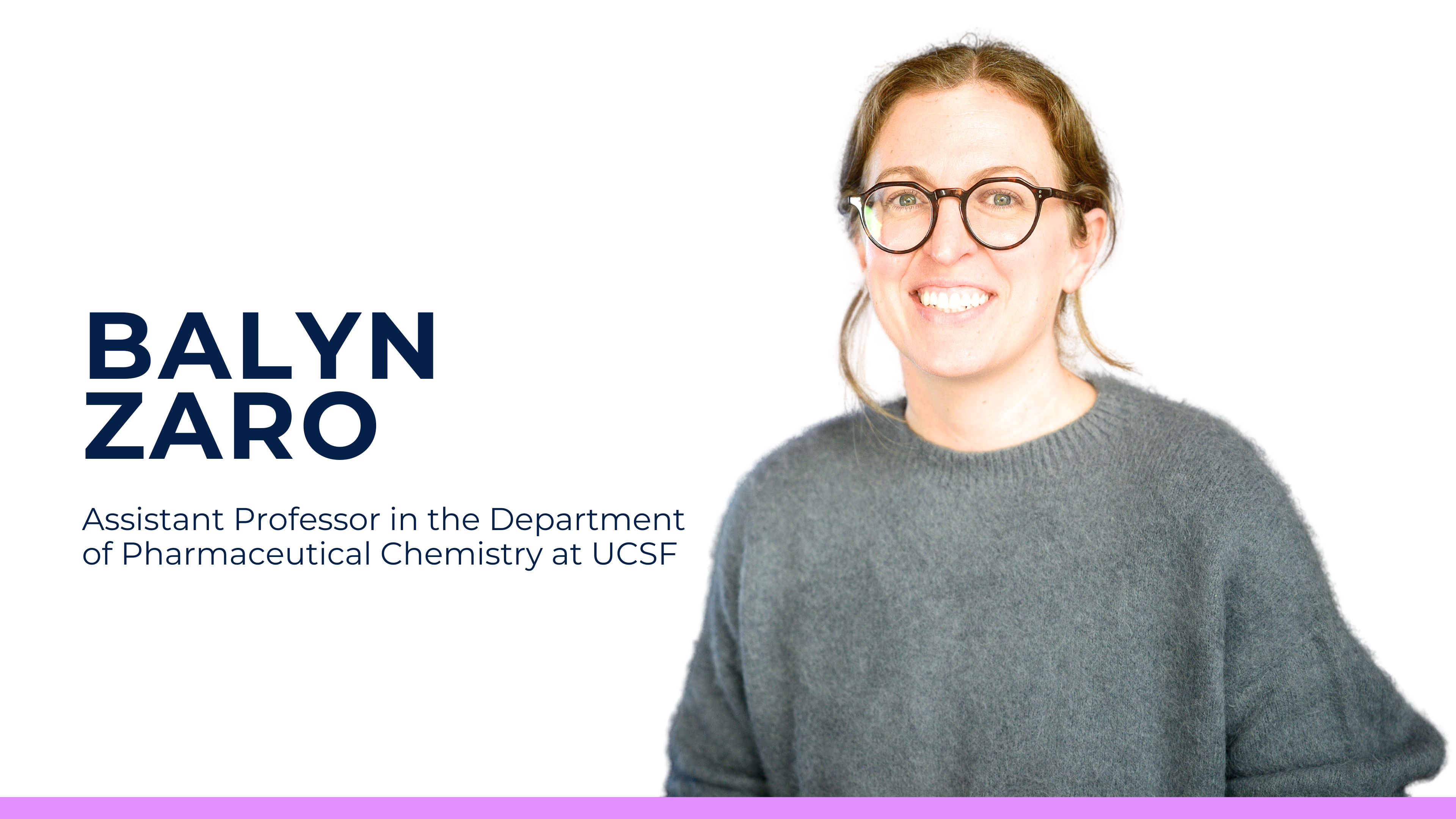
How does fostering relationships within the international research community enhance the quality of your work and contribute to the advancement of discovery?
"I think part of being in academic science is the opportunity to engage with people across the world. And it's not that, you know, academic research is a business, but it's very much like a relationship opportunity … I think now more than ever, because of the pandemic, it it's very easy to get caught in your own specific problem. And even for people who are true network biologists, they're specialists on their question. I think you can be in your own country and go to a conference and meet people. But I think having the opportunity to have such an intimate interaction with a fantastic research organization across the world, to then say, "These are the problems that we're studying with this approach. What are you working on?" and be able to share that flow of information is pretty special."
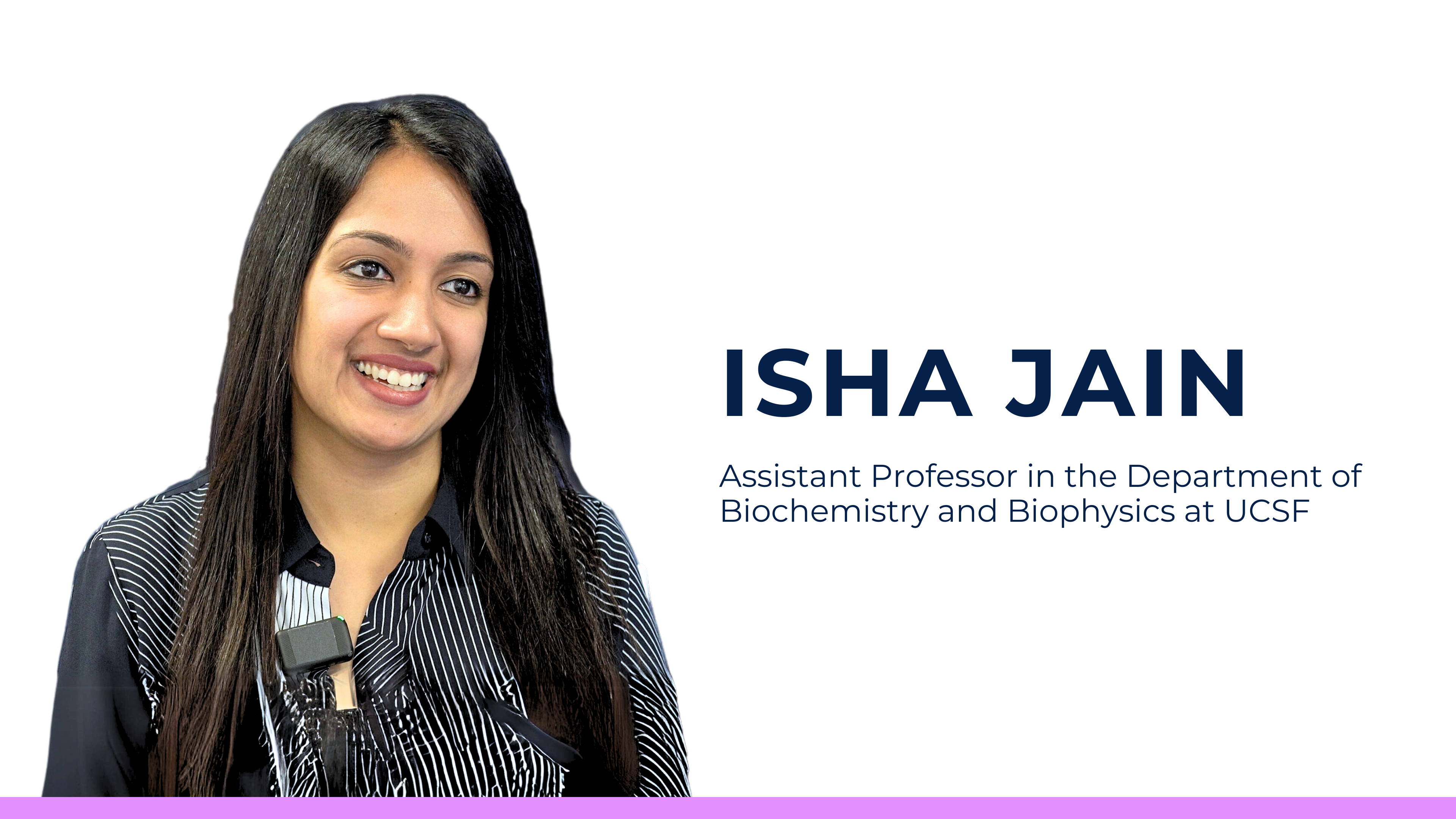
Why is it crucial to emphasize diversity in science, and how does it positively impact research, innovation, and the scientific community as a whole?
"It's often the unexpected connections that trigger the most interesting questions and projects. And those are difficult to have by email or by a homogeneous set of investigators, however you define that topic, race, etc. And so by bringing people together with diverse topics, backgrounds, etc, you end up having those unusual connections and ideas that really lead to I think, the breakthrough work."
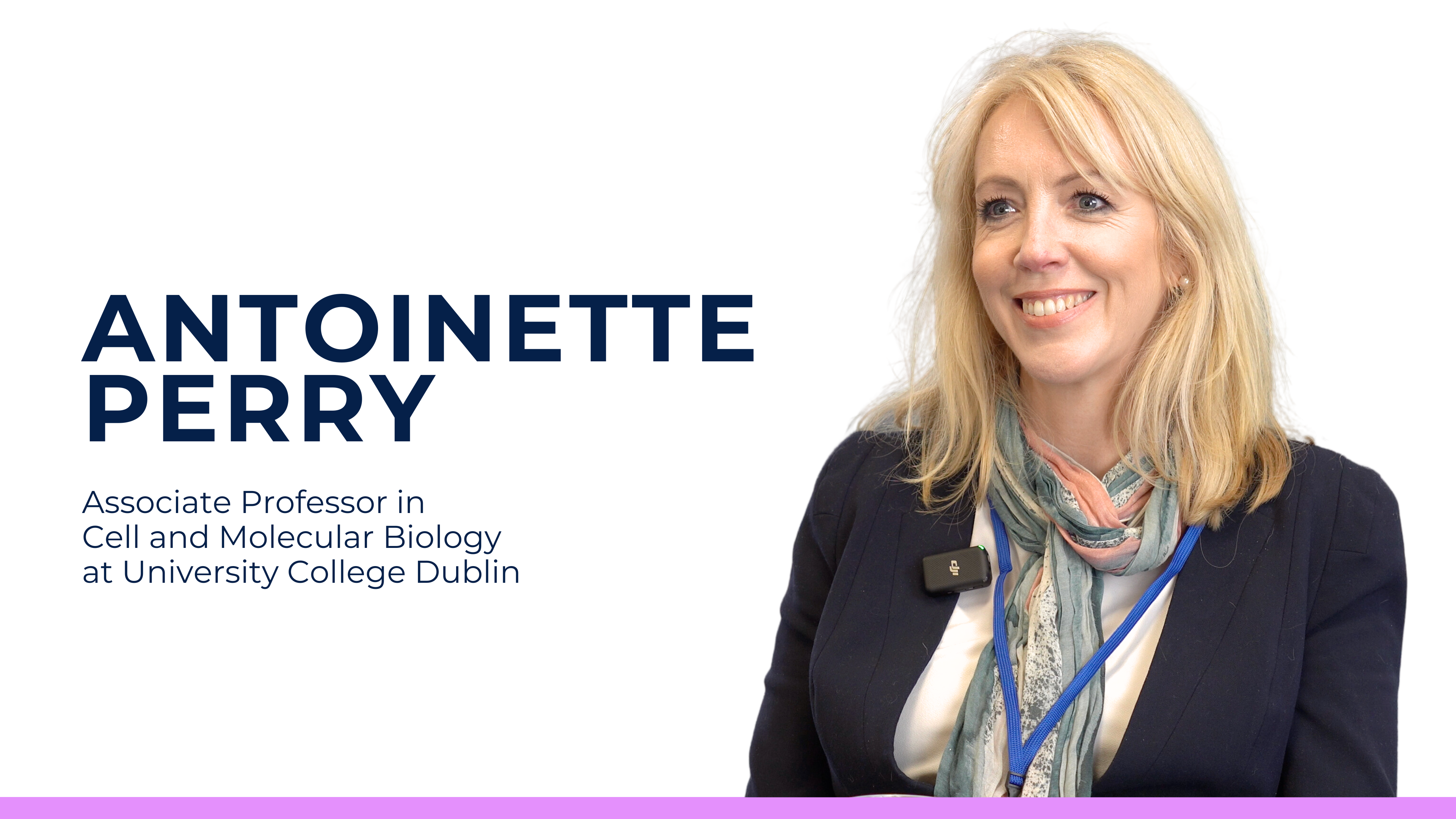
Why is it imperative for scientists to actively seek exposure to diverse perspectives and methodologies in the pursuit of scientific inquiry?
"As researchers, we can become very focused in on our favorite gene, or our favorite protein or our favorite pathway. So to be exposed, and to get to meet and hear about from others, working in the space on maybe other cancer types and other pathways, genes, proteins that you know, you haven't even stopped to think about or how they relate to what you're doing or coming at the same research question or problem, but from a different angle. I think it's a wonderful opportunity to pause, just reflect and really open your mind to other ways that you can tackle this problem."
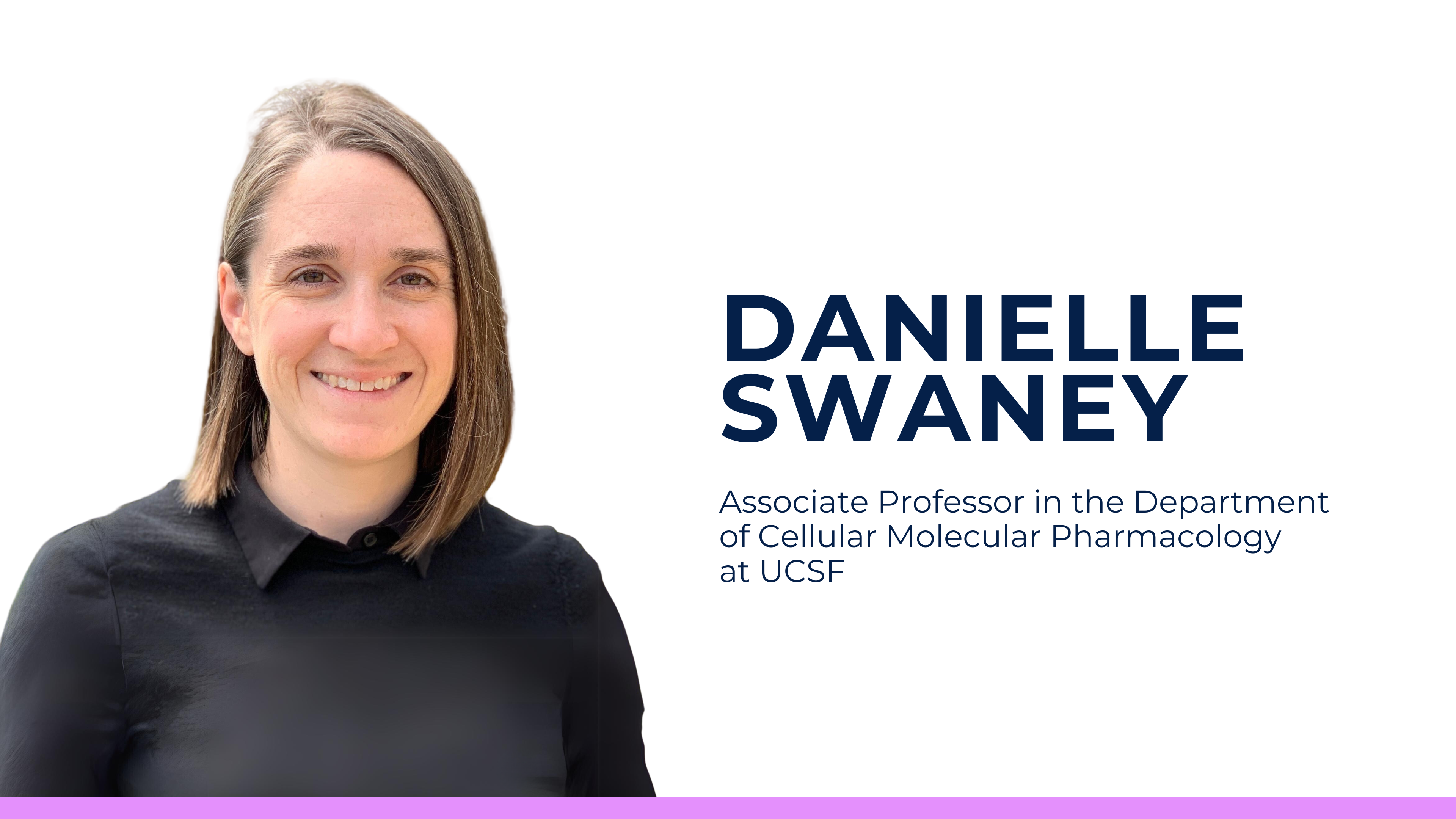
Why is it essential to involve early-career researchers in networking events such as QBI symposia, and how does their participation contribute to their professional development?
"So much of their career is based off of networking, right? So knowing people who can help them advance in their career that can be people for them to rely on, confidants, all these types of things are really important. And that's a lot easier to develop in face to face interaction. So I think that's really important."